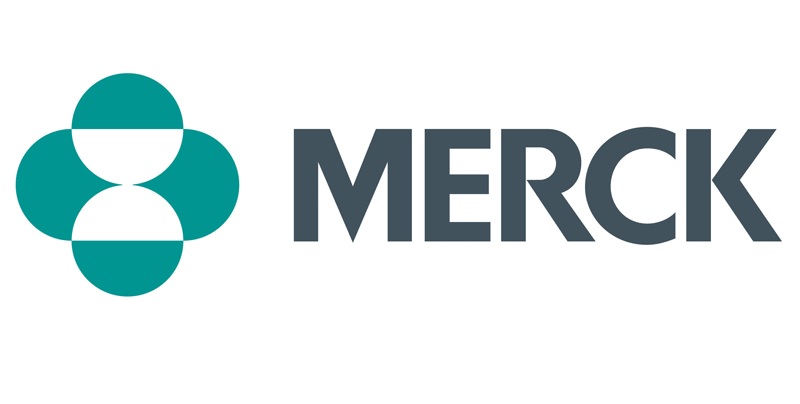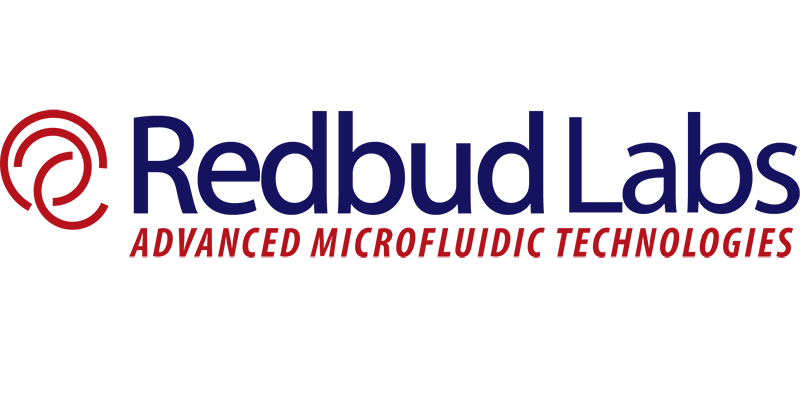An estimated 10-20% of CAR-T batches fail due to slow growth rates of Tcells during the expansion step of the process. Furthermore, the starting material for every batch differs in many ways including the distribution of phenotypes in the Tcell population, yet the final product specification is fixed.
This project then aims to evaluate how levels of key cytokines effect the growth rate of important Tcell phenotypes, so as to promote a more consistent final product. To accomplish this, a properly scaled-down “bioreactor” must be used.
Reduce number of failed batches of CART cells due to slow growth or incorrect phenotype distribution.
Screen CART patients’ cells for enhanced growth prior to start of the clinical batch using a transcriptome-driven mathematical model and scaled-down bioreactor.
Hopkins, B., Fisher, J., Chang, M., Tang, X., Du, Z., Kelly, W. J., & Huang, Z. (2022). An In-Vitro Study of the Expansion and Transcriptomics of CD(4+) and CD(8+) Naive and Memory T Cells Stimulated by IL-2, IL-7 and IL-15. Cells, 11(10). https://doi.org/10.3390/cells11101701
Coppola, C., Hopkins, B., Huhn, S., Du, Z., Huang, Z., & Kelly, W. J. (2020). Investigation of the Impact from IL-2, IL-7, and IL-15 on the Growth and Signaling of Activated CD4(+) T Cells. International Journal of Molecular Sciences, 21(21), 7814. https://doi.org/10.3390/ijms21217814
Fisher, J. T., Gurney, T. O., Mason, B. M., Fisher, J. K., & Kelly, W. J. (2021). Mixing and oxygen transfer characteristics of a microplate bioreactor with surface-attached microposts. Biotechnology Journal, 16(5). https://doi.org/10.1002/biot.202000257
Login to the NIIMBL member portal to access more, including:
Not yet a member? Learn more about which level of NIIMBL membership is right for you and your organization.

Villanova University

Merck Sharp & Dohme LLC

Redbud Labs Inc